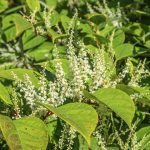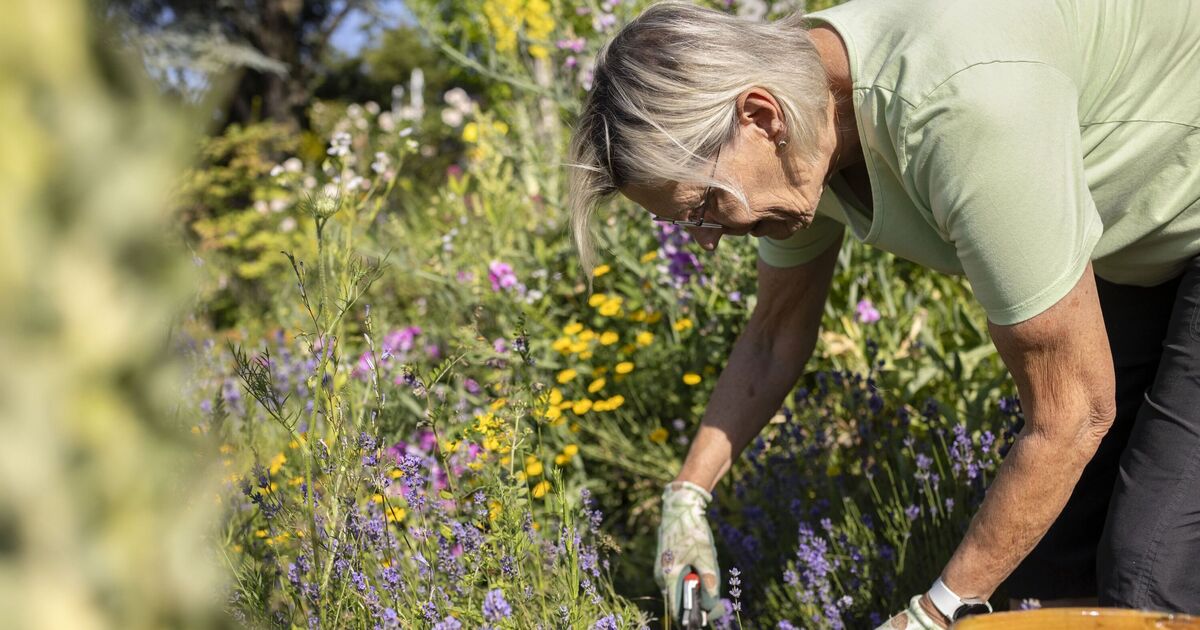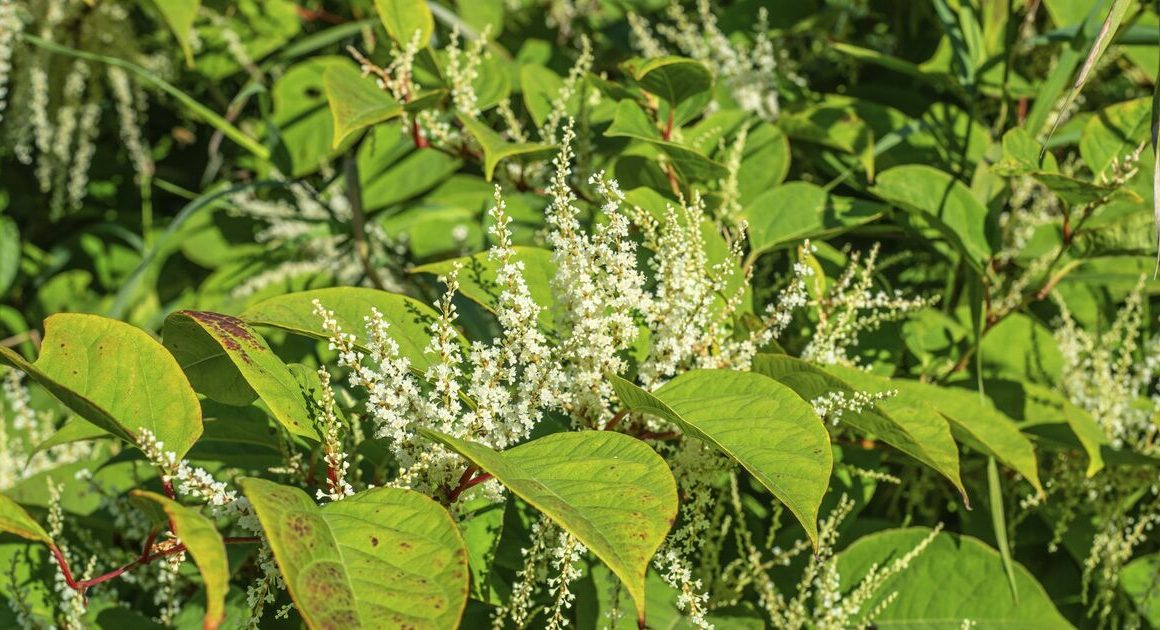August is when your garden becomes a sanctuary, whether you’re enjoying a meal outdoors, hosting a barbecue, or just basking in the sunshine.
However, it’s also the prime time to care for your plants. Pruning, a key task for the month, plays a crucial role in preserving both the beauty and health of your garden.
Beyond enhancing the garden’s appearance, pruning helps stimulate growth and prevent fungal diseases.
David Mitchell, a gardening expert at Homebase, told Netmums: “This simple but effective task, combined with regular deadheading, promotes healthy plant growth and keeps your garden looking its best throughout the summer.”
Here are three plants you should prune this month to keep your garden flourishing all year long:
Wisteria
If not properly managed, wisteria can become quite invasive. To keep it under control, it’s recommended to prune wisteria twice a year: once in winter and again in August.
The summer pruning is crucial for managing its growth. Aim to trim the current year’s shoots back to about six leaves each.
Julia Omelchenko, a botanical expert from Plantum, explains to Country Living that “this helps to control the size of the vine and encourages the development of flower buds”.
Lavender
Lavender blooms from June to September, which means it’s best to prune it in August.
Begin by cutting away the spent flower stems, then trim the new growth back to about two or three inches.
Julia recommends avoiding the pruning of older, woody branches, as this can harm the plant.
Pruning earlier in the season is preferable, as delaying until just before frost can leave lavender more exposed to winter damage.
Pyracantha
Commonly referred to as firethorn, pyracantha is a spiky shrub that dazzles with its vivid orange or red berries.
Whether grown as a hedge or a climber, it requires careful pruning to keep its attractive form.
In August, focus on trimming the new shoots. Julia suggests cutting these young growths back to the base, leaving two or three leaves to preserve a tidy shape.
For pyracantha used as a hedge, more frequent pruning might be needed to prevent it from becoming unruly.











